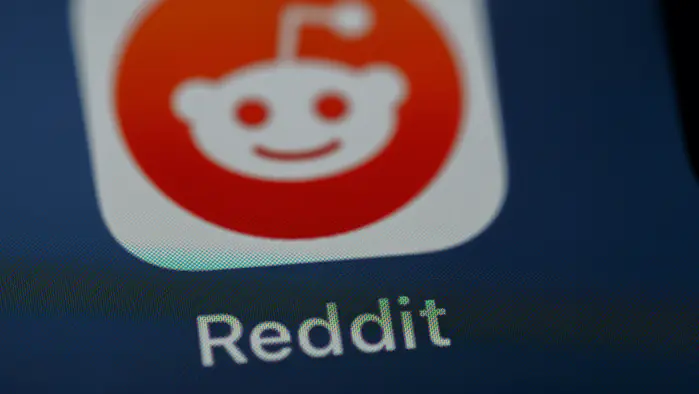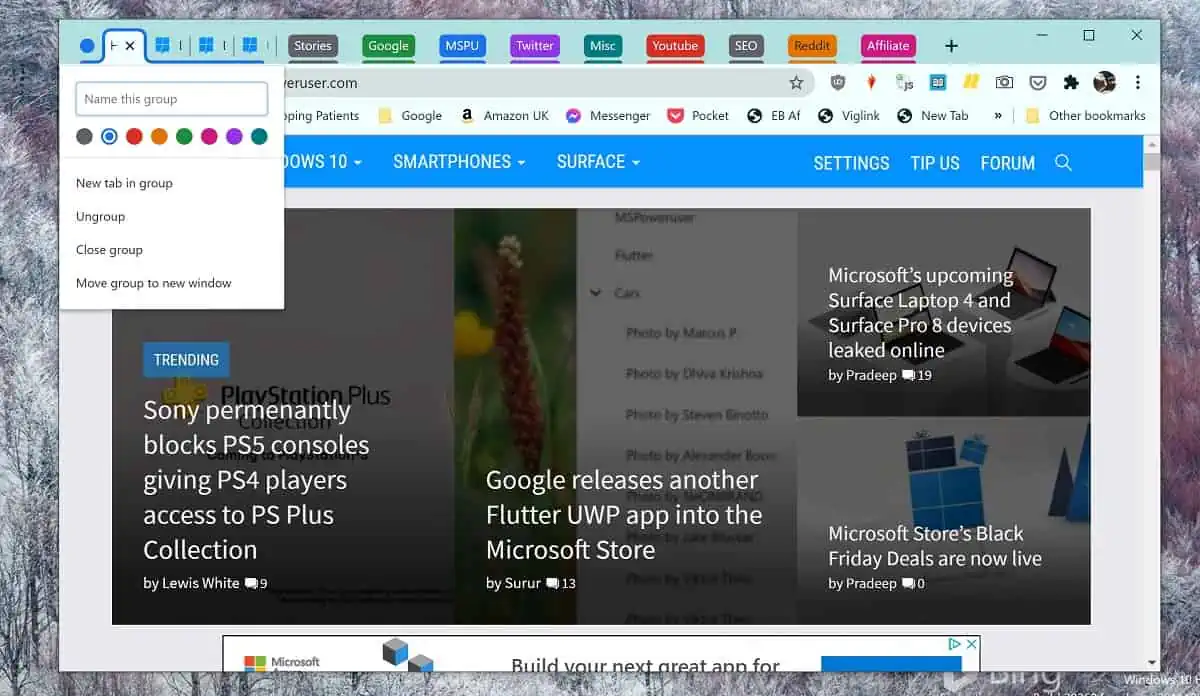Microsoft President Brad Smith explains how and why PAC makes donations
6 min. read
Published on
Read our disclosure page to find out how can you help MSPoweruser sustain the editorial team Read more

At an employee meeting on Jan 21, Microsoft President Brad Smith made some comments about the existence of PAC (political action committee) at Microsoft and why they really need it. His remarks created a wide range of discussions on Twitter. To give better context on what Brad Smith actually said at the meeting, Microsoft today published the full transcript from the meeting. You can read it below.
BRAD SMITH: Thank you, and it’s obviously an important question. I don’t want to repeat, but I do want to build upon what Satya said. You know, January 6, the attack on the Capitol was a horrific day for all of us, whether we’re in the United States or somewhere else. I think it was even more difficult, say, for our Black and Jewish employees, given the hateful symbols that were on display. This has obvious implications for the future donations of the PAC.
We took stock of our donations over the last four years, and we found that 80% of the donations had gone to members of Congress who voted to uphold the Electoral College, and 20% had gone to members who voted against the Electoral College.
So, now there’s a process to decide what to do. The questions that are being considered are exactly I think what you would expect. Should the PAC suspend donations to the members who voted against the Electoral College? If so, for how long? Should it even take stronger steps with respect to members who led that effort or who fed disinformation, in our view, to the American public? These are among the questions that are being considered.
Now, the PAC pauses donations at the beginning of every new Congress, but this is not the normal year, and so we’re engaging in additional steps to really think this through. The heart of this is really to have a series of virtual meetings with employees, because I think it’s important to get employee feedback and have a conversation together before these decisions are made.
Now, I definitely appreciate, especially for people outside the United States, you might be following all of this and wondering, what are we talking about? What is this thing called a PAC?
So, I just want to take a moment just to give you a little bit more context. A PAC is a political action committee, and it reflects, first of all, the fact that in the United States political campaigns are privately funded. We’ve been one of many that have long encouraged more public funding to get money out of politics, but it does pay for campaigns. The campaign for the House of Representatives for the United States typically costs millions of dollars.
Now, a PAC, if you really look at it, doesn’t actually contribute that much money. It’s paid for entirely by voluntary donations. Ninety-one percent of the Fortune 100 have a PAC. Seventy-five percent of the Fortune 500 have a PAC. But the law says that they can only be funded by donations by shareholders, employees and family members, and ours are, of no more than $5,000 a year. And the donations the PAC makes are actually small in the scheme of things as well. The PAC can contribute up to $5,000 for a primary election, and $5,000 for a general election.
The decisions about who to donate to are made by a steering committee, and then there’s an employee advisory committee, and there’s a broad network because we want everybody who donates voluntarily to be a part of an ongoing conversation. The PAC makes donations based on four criteria.
First, does the person have a job or a role, let’s say on a committee, that impacts our business? Second, does the person represent a geography where we have a significant employee presence? Third, does the person advance policy goals that align with Microsoft’s business policy objectives? And fourth, does the person share our values around diversity and inclusion?
So, all four of those things are considered when decisions about donations are made. Now I recognize that, especially when you have times like this, it’s easy for people to ask the question, do we really need a PAC? And I will acknowledge that I’ve asked that question myself over the last few years, do we really need this PAC? And I have to tell you, the answer is, yes, we do.
I can tell you that, you know, it plays an important role, not because the checks are big, but because of the way the political process works. Politicians in the United States have events, they have weekend retreats. You have to write a check, and then you’re invited, and you participate.
So, if you work in the Government Affairs team in the United States, you spend your weekends going to these events. You spend your evenings going to these dinners, and the reason you go is because the PAC writes a check. But out of that ongoing effort, a relationship evolves and emerges and solidifies.
And I can tell you, as somebody who sometimes is picking up the phone, I’m sometimes calling members and asking for their help on green cards, or on visa issues, or help to get an employee or family member who’s outside the United States, or on the issues around national security, or privacy or procurement reform, or the tax issues that our finance team manages.
And I can tell you there are times when I call people who I don’t personally know. And somebody will say, “Well, you know, your folks have always shown up for me at my events, and we have a good relationship, let me see what I can do to help you.”
So, I do believe it is important for our company to have this kind of effort, and at the same time, it’s important for us to take stock of the recent events, get feedback, have a conversation, and make decisions that will continue to reflect where we stand, and the values that we believe are important. You’ll see all of that unfold with dialogue with employees.
Source: Microsoft








User forum
0 messages